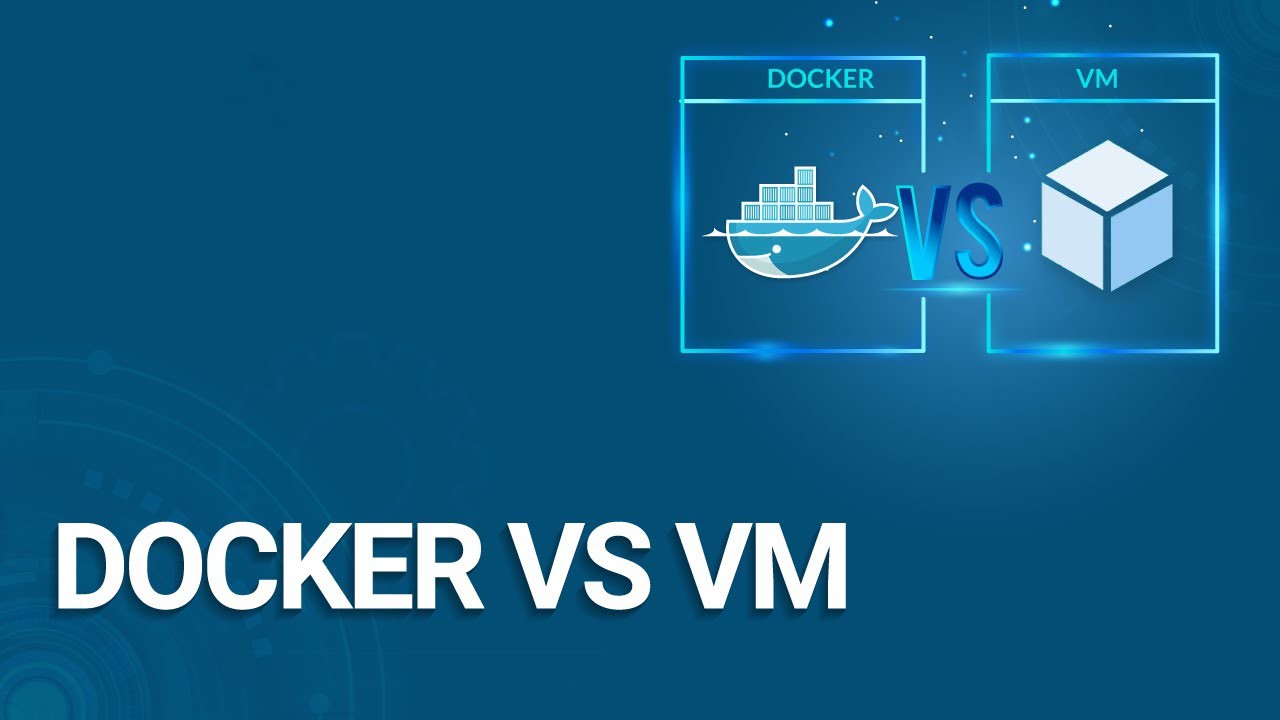Exploring GraphQL and Apollo GraphQL: A Comparative Analysis
In the realm of modern web development, APIs have become the backbone of data communication between client and server. Over the years, various technologies have emerged to streamline this process, with GraphQL and Apollo GraphQL being two prominent players. In this blog post, we will delve into these technologies, dissect their features, and provide a comprehensive comparison to help you make an informed decision for your next project.
Understanding GraphQL
GraphQL is an open-source query language for APIs and a runtime for executing those queries against your data. Unlike traditional REST APIs, where each endpoint represents a specific resource, GraphQL offers a more flexible and efficient approach. Clients can request exactly the data they need, minimizing over-fetching or under-fetching of data.
Introducing Apollo GraphQL
Apollo GraphQL, often referred to as simply “Apollo,” is a set of tools and libraries that work alongside GraphQL to simplify the development of GraphQL-based applications. It provides various client and server libraries, as well as a powerful state management solution for client-side data management.
http://informationarray.com/2023/08/25/unveiling-data-api-differences-a-comprehensive-look-at-graphql-vs-odata/
Comparison Table: GraphQL vs. Apollo GraphQL
| Aspect | GraphQL | Apollo GraphQL |
|---|---|---|
| Core Functionality | Query language for APIs, focuses on data retrieval | Extends GraphQL with enhanced tools and features |
| Server Libraries | Various server implementations available | Works in conjunction with existing GraphQL servers |
| Client Libraries | Not included; third-party clients available | Apollo Client offers advanced state management |
| State Management | Not applicable | Apollo Client provides powerful state management |
| Caching | Depends on server implementation | Built-in caching in Apollo Client |
| Real-time Data | Depends on server implementation and subscriptions | Supports real-time data with Apollo Client |
| Ecosystem | Single component | Full-fledged ecosystem for client and server |
| Community and Support | Strong community support | Backed by a robust community and documentation |
| Learning Curve | Simpler compared to Apollo GraphQL | Might have a steeper learning curve |
| Flexibility | Highly flexible due to customizable queries | Enhances flexibility with local state management |
| Usage | Ideal for projects with basic data requirements | Suited for complex applications with real-time needs |
| Adoption | Widely adopted | Gaining popularity in the GraphQL ecosystem |
Which One to Choose?
The choice between GraphQL and Apollo GraphQL largely depends on your project’s requirements and complexity. If you’re working on a project with straightforward data needs and want the simplicity of GraphQL, the vanilla GraphQL might suffice. On the other hand, if your project demands real-time data updates, advanced state management, and a comprehensive ecosystem, Apollo GraphQL could be the better choice.
Both GraphQL and Apollo GraphQL bring significant value to modern web development, allowing developers to build more efficient and flexible APIs and applications. While GraphQL provides a lean and focused approach to querying data, Apollo GraphQL extends this by offering a comprehensive set of tools for both the client and server sides. Understanding the needs of your project will guide you towards the right choice between these two technologies, ensuring that your development journey is smooth and successful.









